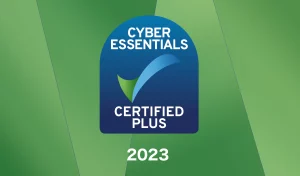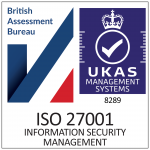EMAIL SECURITY
Keeping your business emails secure and protected from Criminals
Request your FREE IT Review here:
Gareth Guest, Solutions4IT Cyber Security Expert
Phishing emails accounted for 83% of all cyber-attacks in 2020
Source: Cyber Security Breach Survey – Department for Digital, Culture, Media & Sport.
Solutions 4 IT can advise on a range of technical controls and products that will help secure your business email. We also provide cyber security awareness training that empowers your employees with the ability to identify suspicious emails and stop the threat before any damage is done.
Email filtering underpins our email protection which will secure your email communications and protect your business from unwanted spam and malware.
50% of email traffic globally is spam! and 1 million new malware threats are created each day.
We use a best-in-class email filtering technology with Advanced Threat Protection that offers some of the highest detection rates on the market, with 99.9% spam detection and 99.9% virus detection. Source: Hornet Security.com
Talk to us today to learn more about our multi-layered approach and how we can setup and manage an effective email filter for your business to help stop the constant threat of Malware, Viruses, Ransomware, Spear Phishing and Spam.
What is Advanced Threat Protection?
Advanced Threat Protection (ATP) is a layered security solution within our email filtering that defends against complex malware and cyber-attacks. Emails that pass the initial checks are then analysed in detail by the ATP engine. The variety of attack vectors used today means email protection must be able to identify and cope with a range of methods to defend against potential threats. That is why we use email technology that utilises freezing, URL scanning, rewriting, and sandboxing to keep threats away from your IT infrastructure.
Our simple 4 step guide to
Secure Your Email
Click to find out more…
Two Factor Authentication
2FA is a security safeguard that requires users to provide two authentication methods to verify themselves. This is important for email security as any potential hacker will not be able to gain control of the mailbox. All email should be protected by 2FA, this can be easily setup and will safeguard your business data.
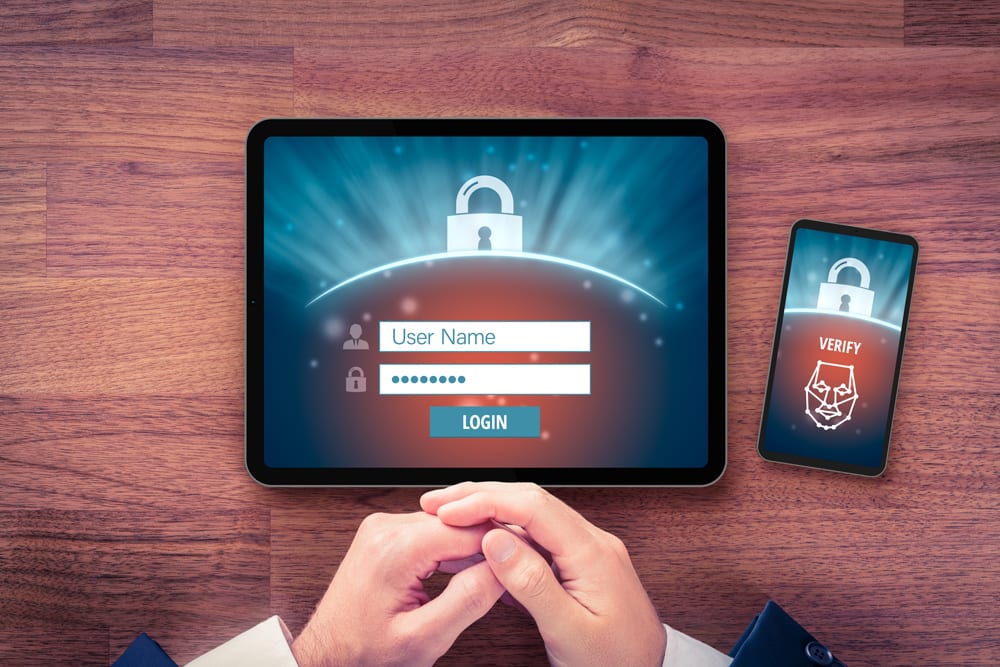
Email Authentication
SPF, DKIM and DMARC are three important email authentication protocols which are designed to help prevent forged emails, they provide assurance that the email received was sent by the sender and has not been spoofed.
Unfortunately, emails can be easily spoofed which means the person sending the email may not be who you think it is as the email address may have been changed, SPF, DKIM and DMARC help prevent this.
These authentication protocols need to be enabled and configured correctly as improper setup will cause unintended mail flow issues, thorough testing is recommended.
Solutions4IT can assist with this process for you and advise what your current email authentication level is.
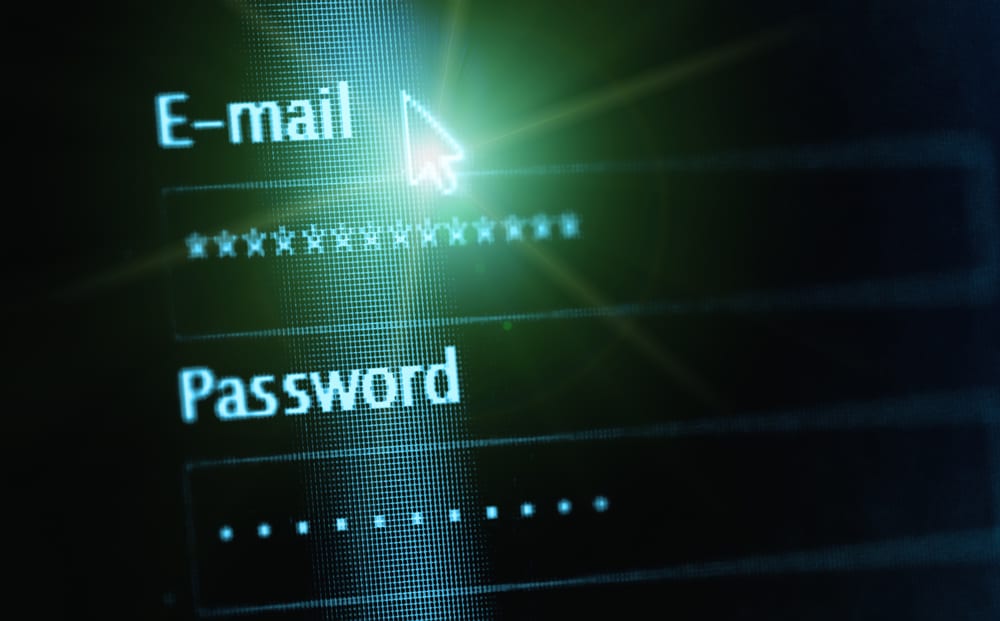
Email Filtering
Email/Spam filtering adds an additional layer to protect your business against potential breaches. Incoming and outgoing emails are scanned for known attack vectors and blocked before they are delivered.
In addition to this the spam filtering considerably reduces the number of unwanted emails that are sent through. Typically, these would be placed into a quarantine which is controlled through allow/deny lists.
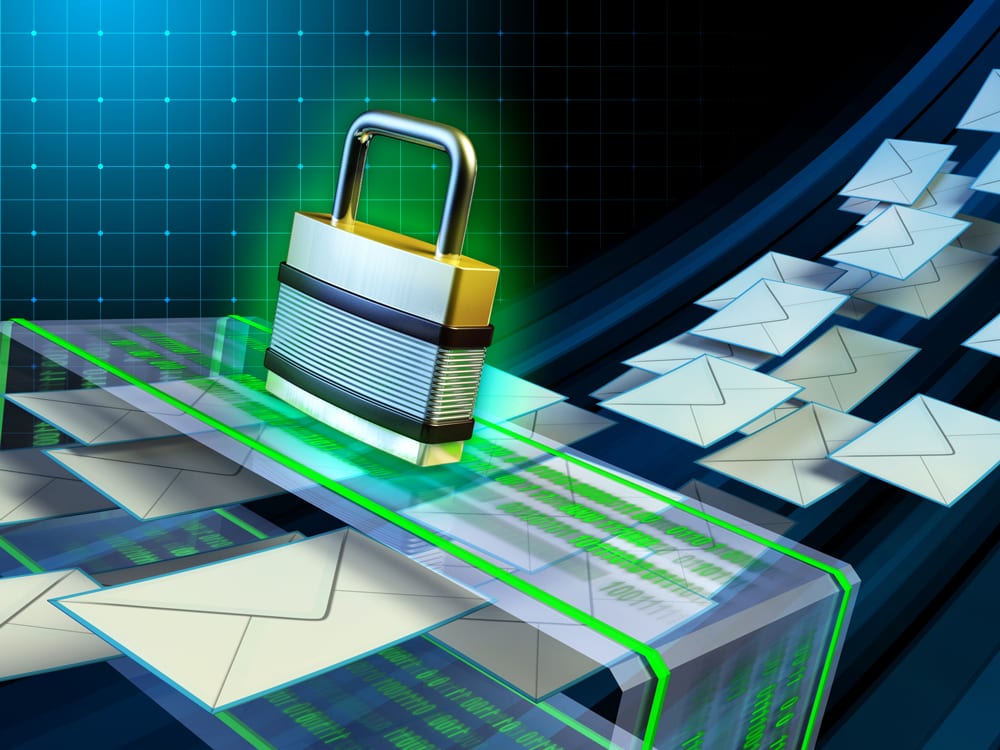
Internal/External Labels
A common method used to infiltrate email is to alter where the email was sent from, this can be made to look like the email was sent internally.
An easy approach to safeguard against this is to configure emails to have a label which show if it was sent from an Internal or external sender. Once configured each email will then clearly show if the email was sent from outside your business and helps prevent this common attack vector.
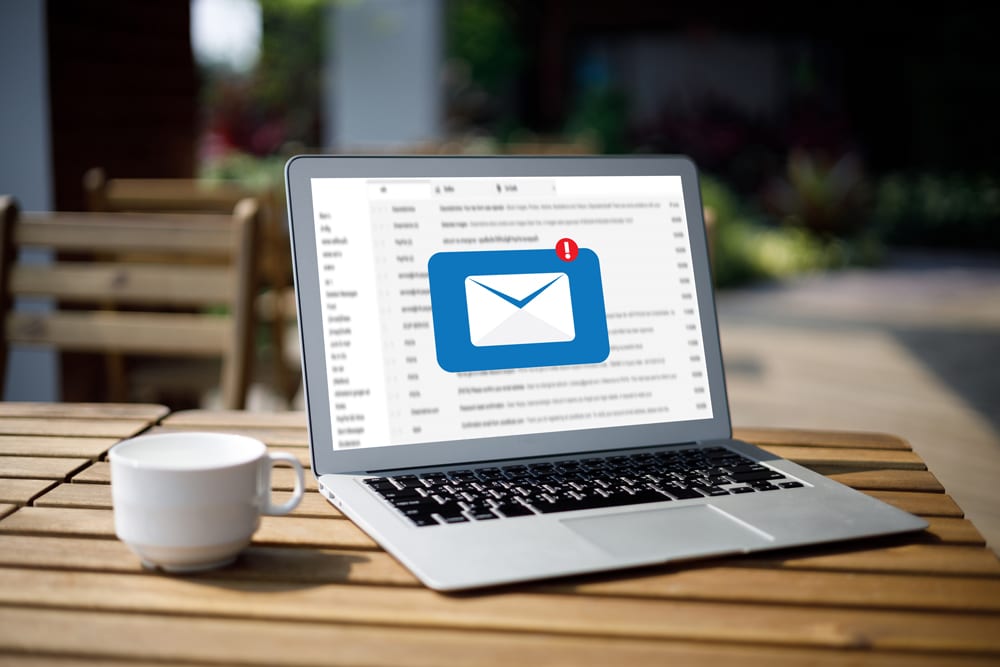
A little bit of expert email security advice…
Golden Rules When You Receive An Email
In addition to our 4 step guide to secure emails, your employees should be aware of some straightforward golden rules which they should consider when receiving an email:
Never open an attachment within an email from a company or person you do not know or were not expecting.
Avoid sending any sensitive information over email.
Be wary of opening emails from someone you do not know or trust.
Do not click on links from a company or person you do not know.
Check the senders email address to make sure it is legitimate.
Hover over email links first to show where they are pointing to.
Check for spelling and grammar errors – this is a good indication that the email is not genuine.
When in doubt, call the company that sent the email to verify.
REQUEST MORE INFORMATION
Latest Cyber Security News
The Temu Conspiracy…
I can speak for us all when I say we're all suckers for a good deal on the internet. Especially when our bank account is looking downright upsetting. But what happens when scoring some cash comes with a catch for your privacy? In this blog, we'll be discussing a...
How AI is Advancing Phishing Cyber Attacks
With the rapid advancement of technology, artificial intelligence (AI) has become a prominent force in our lives. It is revolutionizing various industries, from healthcare to transportation. However, as AI continues to evolve, it is not only being used for positive...
Malware is now being sponsored by search engines?
We've all come across a website on the web that seems just a little too dodgy to stay for long on. This could've been identified by the many download buttons scattered across the page or maybe by a lack of an encryption padlock on the URL like this: However, threat...
4 Cyber Essentials Tips for Businesses
Cyber security and Cyber essentials are crucial components of business operations. Read on to discover 4 tips for protecting your business from cyber-attacks.
Defend Your Business: Cyber Essentials
In today's digital age, where cyber threats are ever-present, safeguarding your business against cyber attacks is of paramount importance. That's where Cyber Essentials (CE) comes in. This article explores how this scheme can protect your business from potential...




